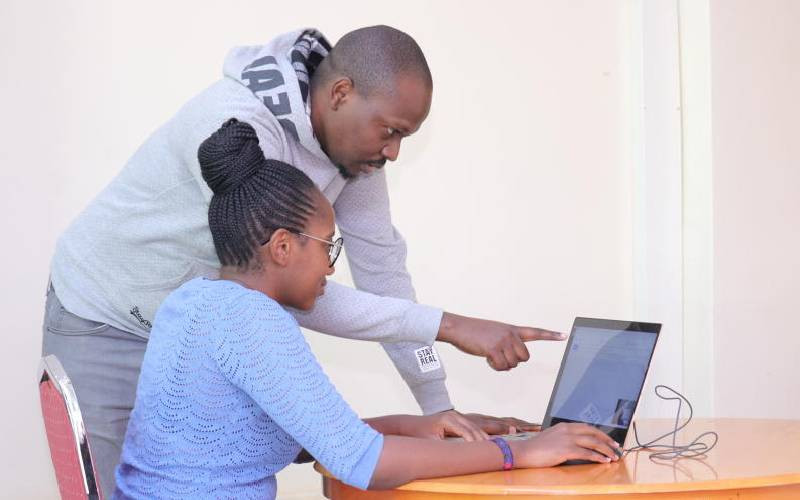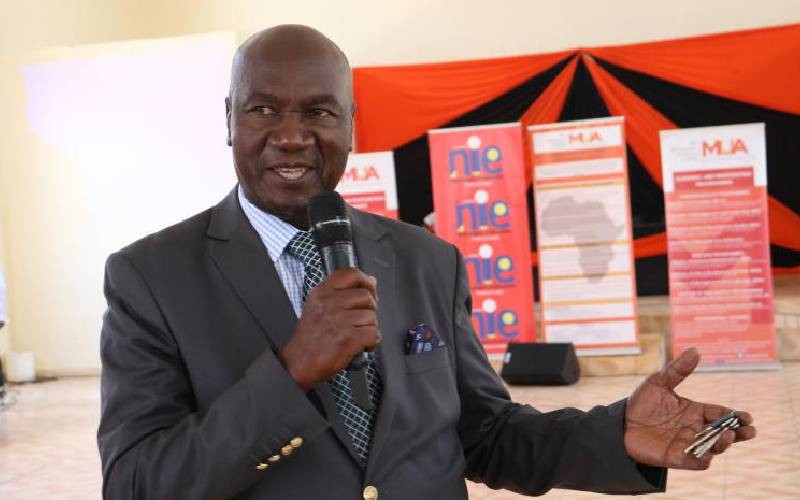Kenya: On the 24th of July 2015, students in Moi University marked the historic calendar by voting in the 29th student governing council in what has been termed as the most controversial elections in the history of Moi University. Cases of tribal affiliations and divisions punctuated the entire electioneering period with intellectuals openly disputing the fact that education changes individuals and every campaign day, the difference between an intellectual campaigning and an unlearned person campaigning in the village were so minute… and today we ask, can education really change a person’s mindset?
We have grown up in a society where by we are encouraged to “go to school, learn and became better persons” but apparently the recent twists and turns in the Kenyan universities dispute the fact that education changes people….
Sometime ago, Adero Kango university college was closed down after comrades resorted to tribal clashes after their elections. Weeks later, University of Eldoret followed suit after comrades were divided along ethnic lines and on the 13th of July, Moi University was closed down after tribal clashes emerged in an intellectual ground and although the reasons for the above events might seem noble, they all escalate to one pinnacle factor: tribalism. A disease in our country and now a malicious infection in the universities…. Can education really deal with tribalism?
That aside, during the campaigns in Moi University, what mattered was how many people you could influence through money, alcohol and empty words. Never did I see intellectuals bringing their minds together and analyze manifestos as intellectuals ought to but all that one required was to hire a good number of goons, give them enough alcohol and make them chant your name the whole night and you be sure to win. Most aspirants had an easy way with it and just like it happens in national politics, personality cults and money were used to sway comrades, a far cry from what an intellectual is supposed to do and once again, the message was clear, education cannot change political view of a person.
As if that is not enough, sacrificing leaders on the altars of tribalism and endorsing incompetent candidates was the order of the day. The elders (forth year students in session) who are supposed to be the epitome of wisdom in any electioneering period turned into lethal vampires and hungry hyenas who only thought of one thing: how they could amass wealth from the ambitious candidates. Their wisdom was thrown to the dogs and now, they spearheaded every tribal turn, they became the cornerstone in which leaders were sacrificed on and soon the message was clear: the more the number of elders you influence, the most likely you are going to win and now, there was a scramble for elders and once again, the message was written in black and white: staying in the university for long will never change a person’s mindset.
Now, looking at the continuum series of events in Moi University, the cliché that education changes people becomes more of wishful thinking than a practical reality. University education, just like primary and secondary education is based on a strict following of a stipulated syllabus and not unless we strive to understand the difference between education and learning, then we can never achieve the change we desire.
HILLARY OJIAMBO, 2ND YEAR JOURNALISM STUDENT MOI UNIVERSITY.
 The Standard Group Plc is a
multi-media organization with investments in media platforms spanning newspaper
print operations, television, radio broadcasting, digital and online services. The
Standard Group is recognized as a leading multi-media house in Kenya with a key
influence in matters of national and international interest.
The Standard Group Plc is a
multi-media organization with investments in media platforms spanning newspaper
print operations, television, radio broadcasting, digital and online services. The
Standard Group is recognized as a leading multi-media house in Kenya with a key
influence in matters of national and international interest.
 The Standard Group Plc is a
multi-media organization with investments in media platforms spanning newspaper
print operations, television, radio broadcasting, digital and online services. The
Standard Group is recognized as a leading multi-media house in Kenya with a key
influence in matters of national and international interest.
The Standard Group Plc is a
multi-media organization with investments in media platforms spanning newspaper
print operations, television, radio broadcasting, digital and online services. The
Standard Group is recognized as a leading multi-media house in Kenya with a key
influence in matters of national and international interest.







